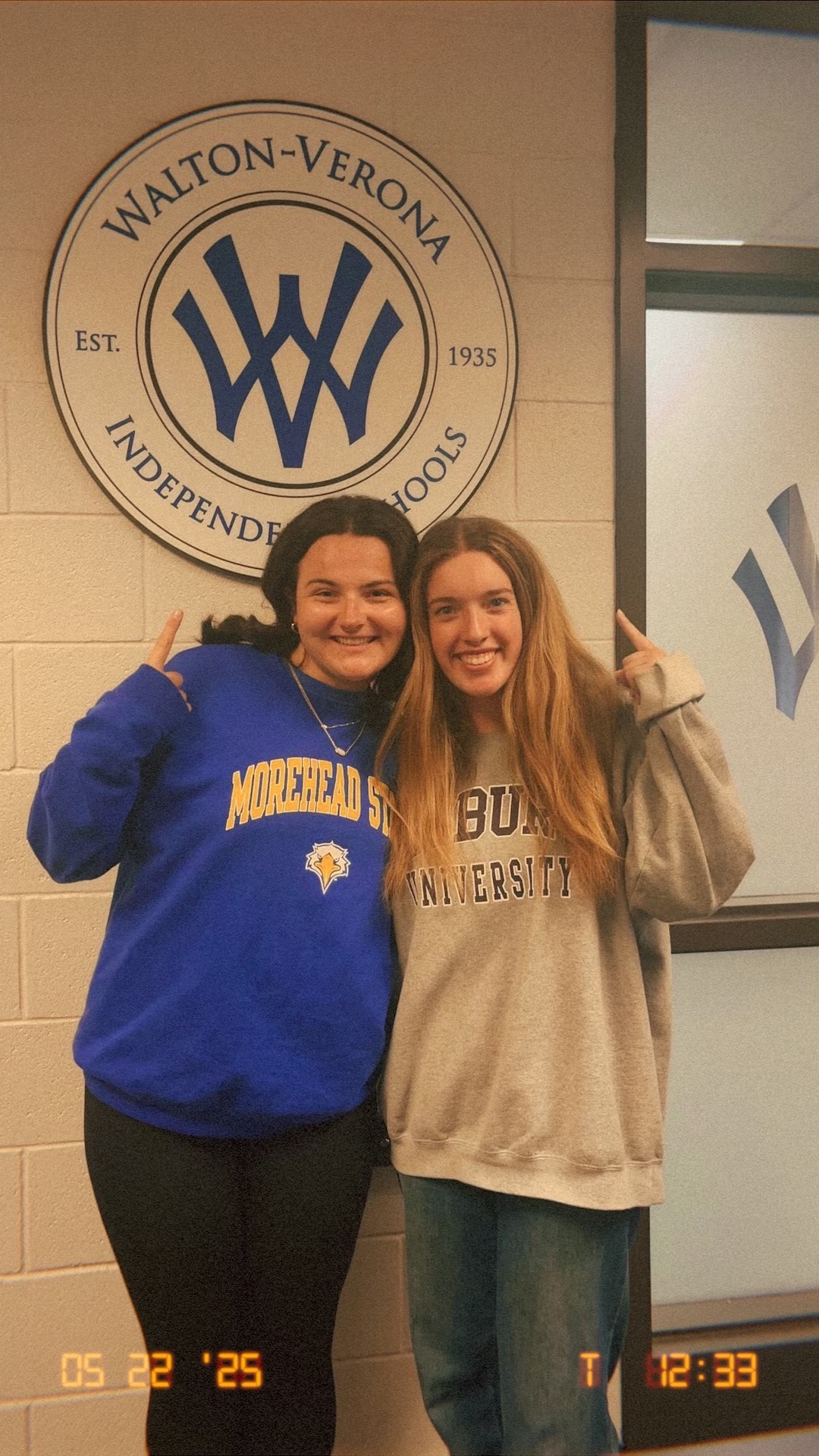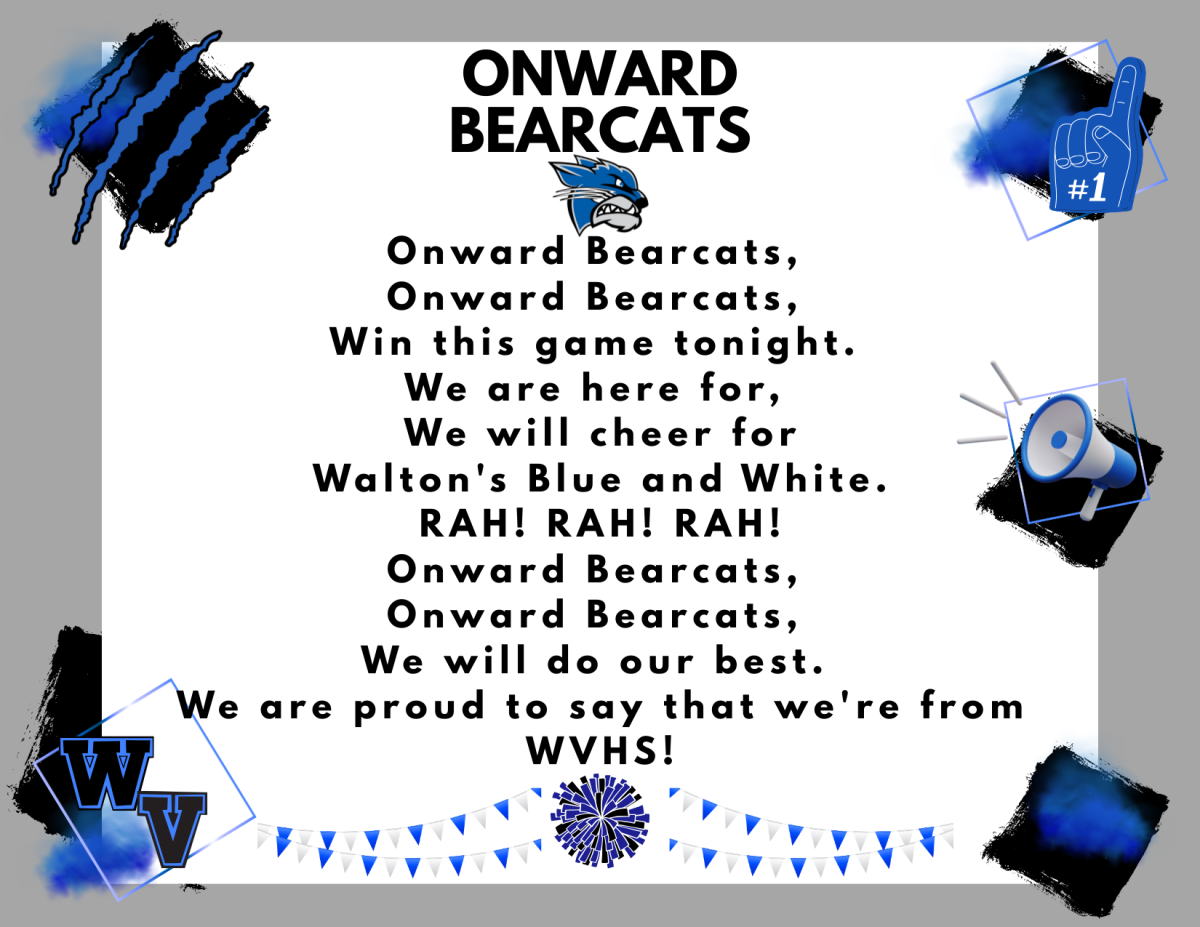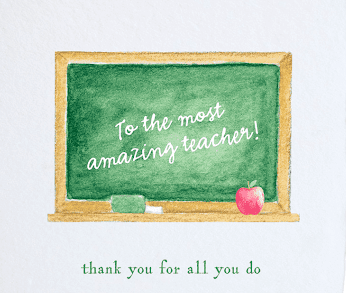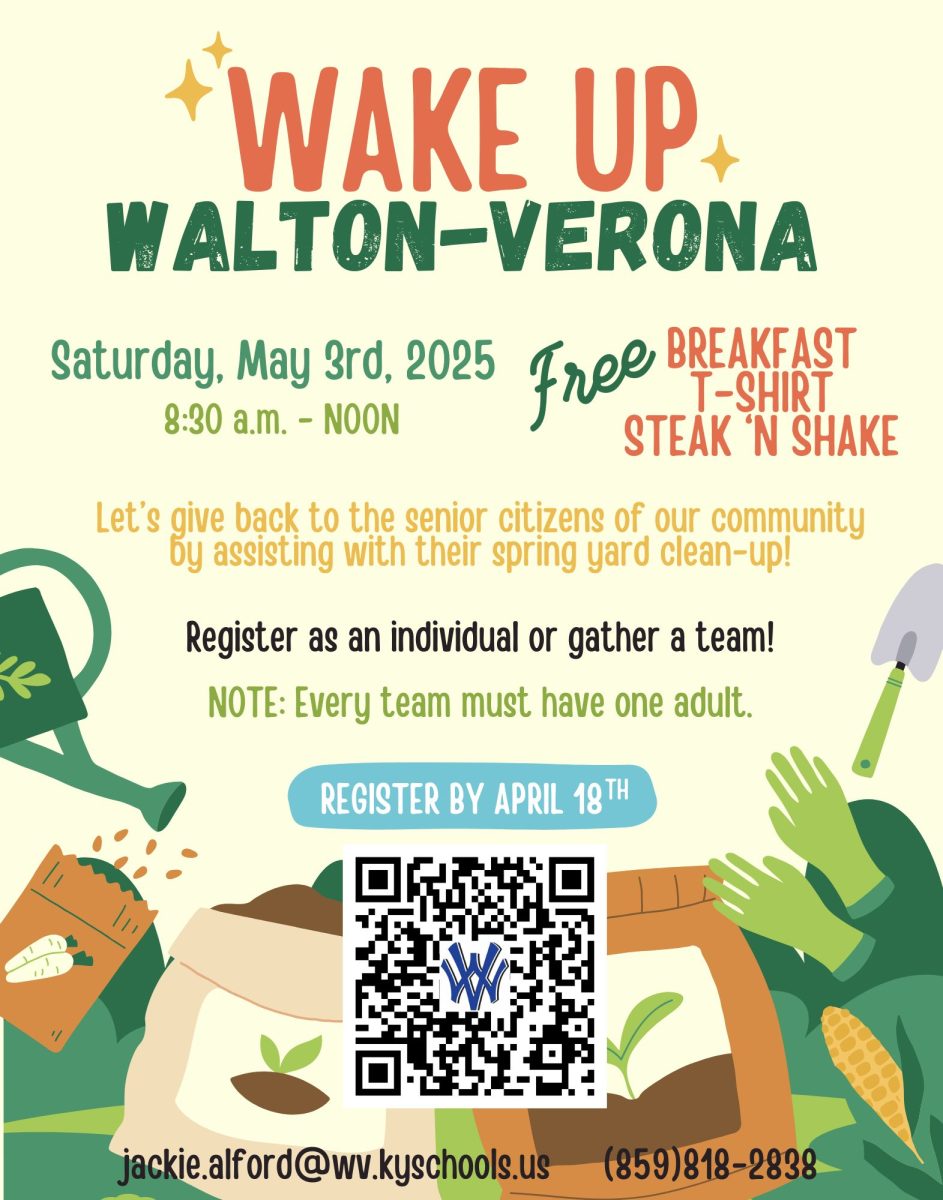
“State high school assessments often stress knowledge and skills that differ from college entrance and placement requirements,” claims Stanford University Professor Michael Kirst in his publication entitled, “The High School/College Disconnect” (51). What Kirst describes through his research reveals a startling gap between perceived expectations and authentic experiences in regards to college. Although Walton-Verona High School has various systems in place to ensure clarity during the next few steps after secondary education, the nerves of the unknown can still hinder our surmising of further education. An individual may endure hours of research on what college life entails from books to online video logs, but hearing from educators closely connected to the students at Walton-Verona might bring further insight on the reality of pursuing a college degree.
The teachers of Walton-Verona did not disappoint in their advice, all of which was inspired by the determination to share the gift of knowledge. Beginning the questions with a reflection, teachers were asked to describe a notion they wished were previously explained. Mrs. Walters mentioned the passing of time: “Something I wish I knew about college before I started would be to truly appreciate the time I spent in college while I was actually in college. It goes sooo fast! Also your professors really hold you accountable and I didn’t realize that professors would take the time to invest in me and my peers which is something I was truly grateful for.” In a similar light, Mr. Pollock noted the diverse nature of college, saying, “There is a bigger world out there beyond your hometown, and it is filled with people who have different experiences from you. Enjoy getting to know people and networking.” Humans are meant to communicate and learn from one another, therefore rejecting the option to practice open-mindedness is deprivation of academic growth. Mrs. Hartman also shared a very practical tip in regards to classroom materials: “I wish I knew how horribly college bookstores scam students. During my freshman year, I purchased all of my required texts from the college bookstore and spent hundreds of dollars. The bookstore offered to buy my books back at the end of the semester, but I only received a tiny fraction of what I originally paid. It was a scam.” After her freshman year, she found less expensive ways to obtain the material. Just as learning to become a strategic shopper is integral to success, practicing productive study habits is a significant ingredient to producing quality work.
For many students, applying strong strategies for studying is a difficult task. Mr. Pollock’s encouragement was to learn the art of discernment: “Make plans to study, and if necessary, remove yourself from social settings and go to the library to force yourself to study. Also know when to say no to social activities when you know you should study. Sometimes, those who aren’t self-disciplined don’t come back after the first semester.” The results Mr. Pollock depicts are completely preventable with mindful studying techniques. Many of the techniques can be practiced beforehand during a student’s high school career. The quality of a student’s study session, however, is determined by the organization of their schedule. Mr Heilman cautions Bearcats to be aware of due dates: “DO NOT PROCRASTINATE! Deadlines do not change, and extensions are almost never given. Be sure to pace the longer lasting assignments/projects.” Entering the unknown world of college assignments and long lectures may seem like a daunting task, but the spark of motivation and fuel of discipline light the way to a productive college experience.
A few teachers credited their professors for an enjoyable academic endeavor. Mrs. Hartman’s professors were particularly influential: “They were fearless, creative, and entertaining. I still keep in touch with most of them even though it’s been over a decade since I’ve graduated.” Mrs. Walters has a similar relationship with her former educators: “I am so incredibly grateful for the amazing professors that invested in me because I chose to advocate for myself and ask for help when I needed it. I still keep in touch with a professor because of the relationship we built during that time. My last piece of advice would be the following: Be present in the moment, be intentional with friends, and be grateful that you are embarking on a journey that some people don’t get a chance at.” Mr. Heliman recognized the beauty of the college journey just moments before he almost stepped off the path: “I was studying for my final exam with my classmates in the hallway. Leading up to that exam, I was distraught because I had changed my major so many times and seemed to have no real direction. I was going to drop out of college.” In the valley of confusion, hope blossomed: “However, in that time before the exam, reviewing with my classmates, I realized that I wasn’t simply reviewing with them. I was reteaching the material to them, helping them figure out the right answer when they answered wrong, and telling them why their answers were right when they were right. That was the very moment, just a few hours before I was going to drop out, that I figured out that I wanted to be a teacher.”
In the mountaintops and ravines of further education, every twist and turn calls into question the epitome of each participant’s values. A similar theme of unexpected assets weaves throughout each of the responses, uplifting every Bearcat to take in the view. Transitioning from the overlook of high school to the open plain of college, whether a student knows what to do with the environment or not, is a lifelong treasure bound to be a vivacious impression of adult life.
References:
Kirst, Michael W. “The high school/college disconnect.” Educational leadership 62 (2004): 51-55.










